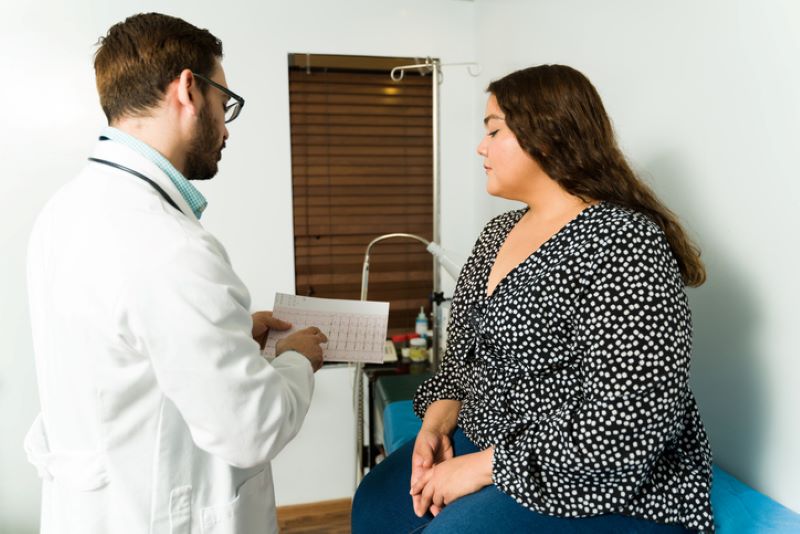
How Do Cervical Procedures Affect Patients’ Sexual Health?

For more than 30 years, the medical procedure LEEP (loop electrosurgical excision procedure), including LLETZ (large loop excision of the transformation zone), has been used to treat cervical problems that might lead to cancer.
LEEP involves using a heated wire loop to remove a layer of abnormal cells from the cervix, which is the lower tunnel-like part of the uterus that connects the uterus to the vagina. While LEEP is effective at removing abnormal cells that could develop into cervical cancer, some patients have reported sexual problems and emotional difficulties after the procedure.
Since the cervix is involved in a person’s sexual and reproductive health, removing a layer of cells from the cervix might cause issues. Some people have reported lower satisfaction with orgasms, decreased sexual desire and arousal, increased discomfort during sex, and worries about reproductive health after having a LEEP procedure. However, not everyone experiences these problems, possibly due to differences in cervical anatomy and individual sexual responses.
A recent study sought to understand these issues better by talking to patients who have undergone LEEP/LLETZ and the medical providers who do these procedures. Researchers interviewed a total of 60 patients and 18 medical providers who have experience with LEEP/LLETZ procedures for this study.
The patients were interviewed by the authors about their experiences with their procedures as well as their sexual functioning after LEEP. The providers were asked about their experiences and decision-making processes with regards to LEEP/LLETZ procedures. All of the interviews were recorded, transcribed verbatim, systematically coded, and reviewed for themes. Four themes emerged from the interviews: expectations for preoperative consultation; procedure experiences; attitudes; and resources.
The first theme, expectations for preoperative consultation, varied between the health care providers and the patients. Three of the 18 medical providers acknowledged that changes in sexual functioning could be associated with the procedure, but most focused on other more common risks during their preoperative counselling, specifically bleeding, possible infection, and discharge. Many of the patients felt that their providers shared selective risks that had more to do with reproductive health than sexual health and wished for the providers not to use “minimizing language” when describing the procedure.
Procedure experiences was the second theme of the study. The providers explained how they make decisions during the procedure based on factors like the anatomy of the cervix and the patient’s plans for future pregnancies. On the other hand, patients shared their experiences with the procedure, and their stories were grouped into different areas of how they felt physically and emotionally. These areas included topics like pain and numbness, changes in lubrication and discharge, loss of arousal and desire for sex, changes in orgasm response, overall quality of life, and how these changes affected their relationships.
Attitudes was the third theme identified in the interviews. From the perspective of the providers, any sexual dysfunction the patients experienced was most likely psychological, but they encouraged an open dialogue to address concerns. Overall, the patients had conflicting attitudes about their experiences. Some expressed fear, a feeling of dismissal from providers about their concerns, and a lack of language to express their needs and apprehensions. They also shared what they wished they had known before the procedure. However, others found providers who they were comfortable talking openly to, which positively shaped their experiences.
Lastly, the fourth theme of the study was resources. Both patients and providers felt it was beneficial for patients to have access to additional resources after their procedures, but sometimes the resources were considered too expensive or otherwise out of reach. Informational guidelines, online patient groups, and other handouts were mentioned by providers and patients.
These findings show that not all patients have the same experience with LEEP/LLETZ, and it is important to be cognizant of this. Additional support, resources, and attentive care may help.
References:
- Giovannetti, O., Tomalty, D., Greco, S., Kment, B., Komisaruk, B., Hannan, J., Goldstein, S., Goldstein, I., & Adams, M.A. (2023). Patient and provider perspectives on LEEP/LLETZ treatment and outcomes: an interview study. The Journal of Sexual Medicine, 20(7), 977-990. https://doi.org/10.1093/jsxmed/qdad026



